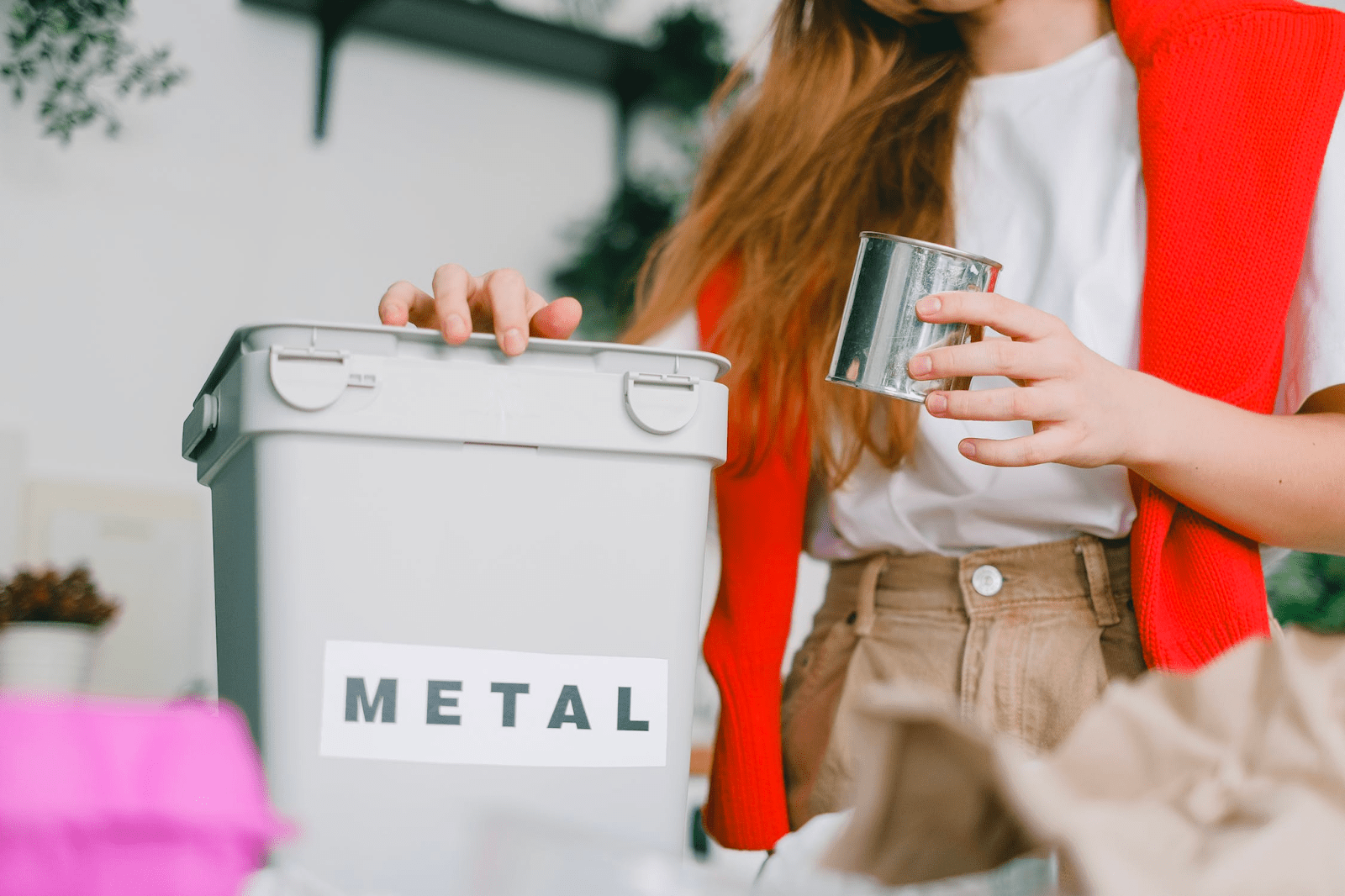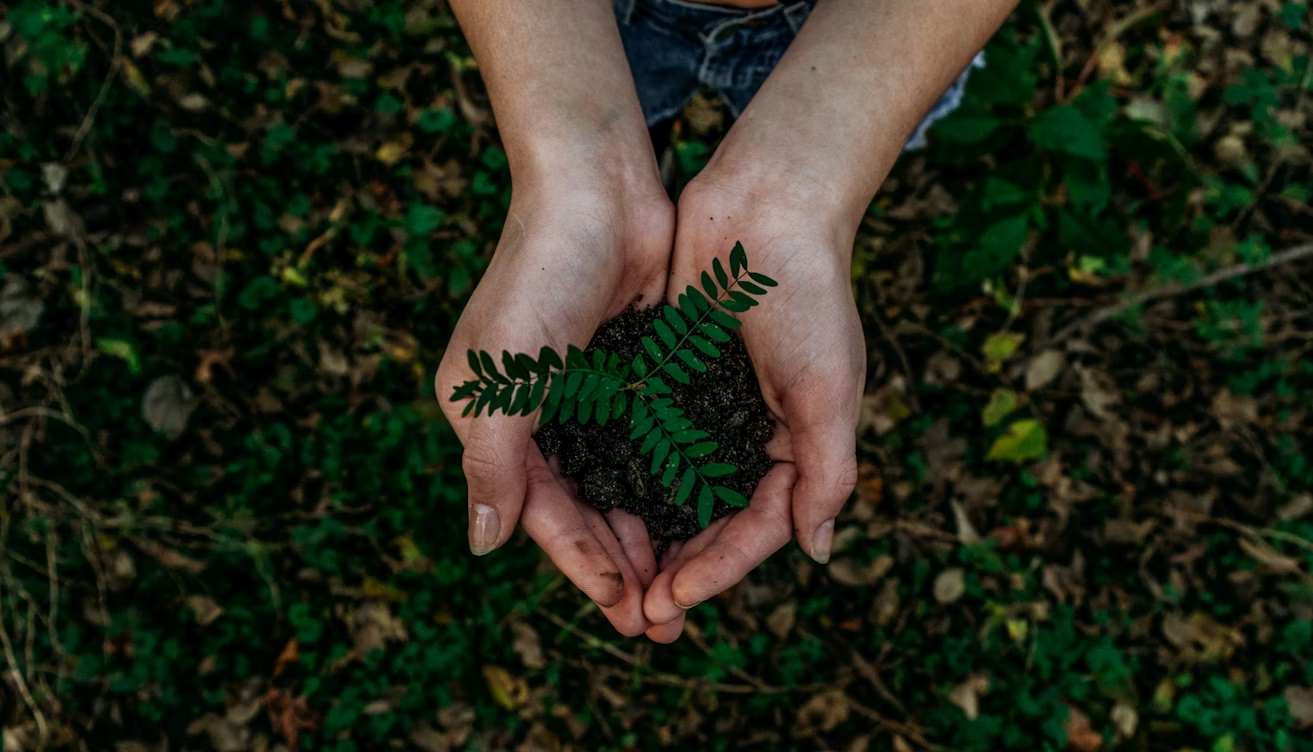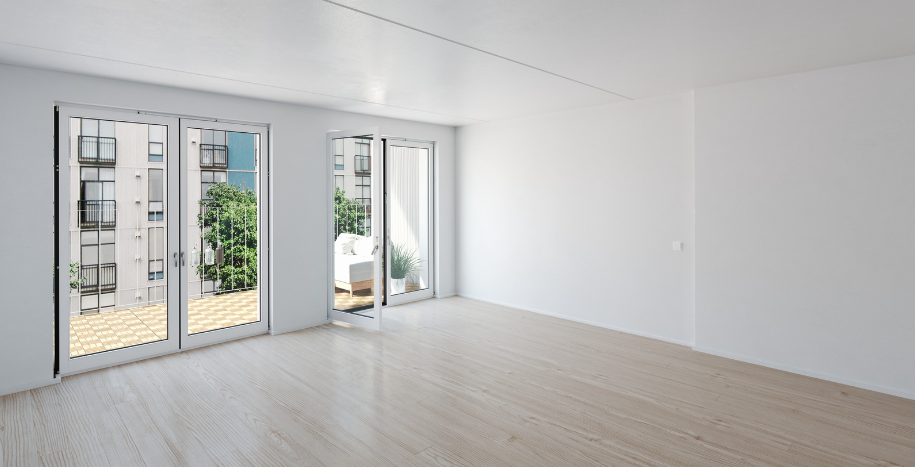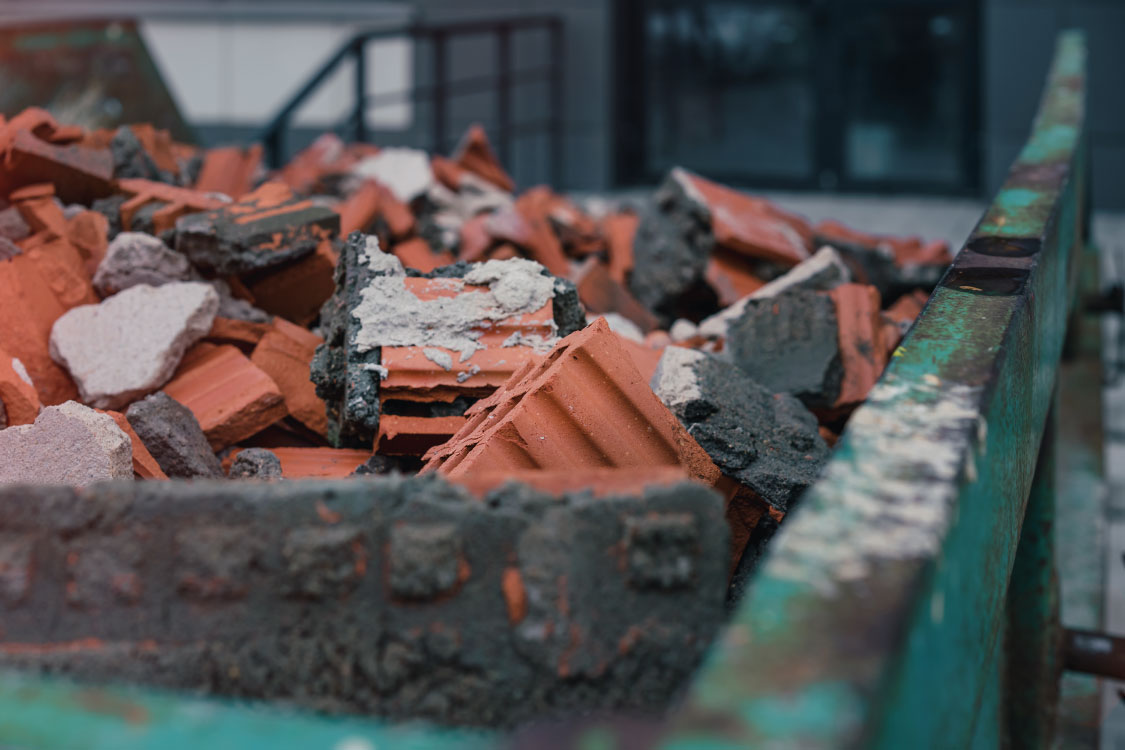
5 Safe Waste Disposal Methods You Need To Know
Tired of seeing rubbish pile up and want to do your part in removing it ethically? We’re going to explore five safe waste disposal methods you need to know that reduce harm to the environment. From separating waste to hiring a skip bin, we’ll cover everything you need to know to dispose of waste sustainably and responsibly. So, let’s get started on this journey to making the world a greener place!
Overview
- What are the benefits of safe waste disposal?
- 5 safe waste disposal methods
- Sorting & separating waste
- Recycling
What are the benefits of safe waste disposal?
Reduces pollution
Firstly, safe waste disposal methods help to reduce pollution. When general waste or other types of waste – like electronic waste especially – are not disposed of properly, it can contaminate water, harm wildlife, and produce harmful gases into the atmosphere. By using safe waste disposal methods, we can reduce these negative environmental impacts and help to keep our planet healthy.
Conserves resources
A lot of the materials that we throw away can be repurposed to create new products. Recycled materials can reduce the demand for new materials, which minimises the overconsumption of natural resources.
Keeps people safe
Safe waste disposal methods also play a vital role in keeping the community safe. When waste is disposed of unsafely, it can create health hazards and increase the risk of disease. By using safe methods, we can protect ourselves and the community’s health.
Creates employment opportunities
Lastly, waste disposal creates employment opportunities. Many waste disposal methods, such as recycling and composting, require knowledge and skill. By promoting safe waste disposal practices, we can create new jobs and support local economies. A win-win for the local community and the environment!
5 safe waste disposal methods
Sorting & separating waste
One of the most effective disposal techniques to manage waste is to sort and separate it by type. Sorting waste helps to separate recyclable materials from non-recyclable ones, making it easier to recycle and dispose of waste safely. This method reduces the amount of waste going into landfills.
Learn more: Types of Waste
Recycling
Recycling is also an effective, environmentally friendly way to dispose of waste safely. By committing to using your recycling bin to help conserve natural resources and reduce greenhouse gas emissions, you’re helping develop a more sustainable future for the environment.
What can go in the recycling bin?
You can recycle waste materials such as:
- Paper – newspaper, work files etc,
- Cardboard – cereal boxes, cardboard boxes etc.
- Plastics – water bottles, milk jugs etc.
- Glass – glass jars, bottles etc.
- Metal – tins, aluminium cans etc.



